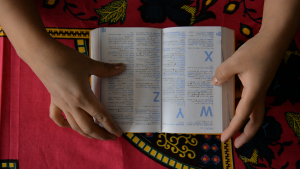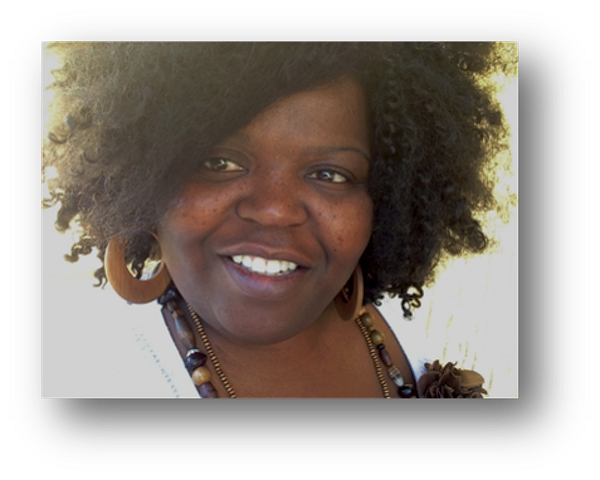Sunday, September 9th 2018, 2-5pm
Workshop by Zoya und Farzada as part of the launch of the „What Really Makes us Safe?“ toolkit.
Pls. note there has been a change in location. The new location is:
RomaniPhen Archive, Karl-Kunger Strasse 17, 12435 in Berlin-Alt-Treptow.
You will find a joint statement by xart splitta and the facilitators regarding the change of location at the end of this page.
What is shame? How does it impact our relationships to ourselves and to those around us? In what ways do we invest in being “good people” and how does this investment keep us from being accountable when we slip up? Join us in digging deep and connecting to some of the sources of shame within us. By doing this collectively, we hope– in addition to taking away some of the power of this internal force– to raise awareness of our internal processes and build understanding around some ways in which people may react to being “called out”.
Language: Spoken English
A registration is required for this workshop. If you are interested in participating pls. send an email to: contact@xartsplitta.net
Care / Accountability / Conflict / Awareness (CACA) came together in the aftermath of CutieBPoC Fest 2017. We wanted to (1) address and do something about the oppressive structural dynamics that we were reproducing in this radical, exclusive space, (2) train more people with the tools to deal with conflict resolution, de-escalation and care, because 10 people coming together spontaneously without any prior training could not do an adequate job of maintaining a safer space for 200 participants over several days, and (3) to cultivate a stronger sense of accountability and awareness toward on another within a broader community. We will be holding our first conference in April 2018 and hope to continue to learn with others who are interested in creating accessible grassroots spaces for marginalized communities.
Farzada and Zoya are good friends based in Berlin who first met through dance. They have the pleasure of organizing together (and with other lovely people) for a handful of different grassroots projects and spaces and are usually glad for one more reason to work together.
Statement regarding change of location:
The workshop “Addressing the Role of Shame in Community Accountability” is organised by the Transformative Justice Collective and the association xart splitta. Currently xart splitta still shares their office space with the publishing house w_orten und meer, where in 2016 and 2017 racist incidents occured. These incidents have until today not been resolved in an adequate way for those harmed. Due to the lack of commensurable accountability in this context, the facilitators of the workshop decided that a different space would be more appropriate for holding a workshop on community accountability. xart splitta can fully understand this decision, which is why the workshop will now be held at the RomaniPhen Archive. We hope the workshop will open up a space for dealing with community accountability in all it’s facettes.
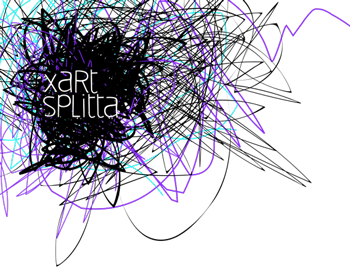
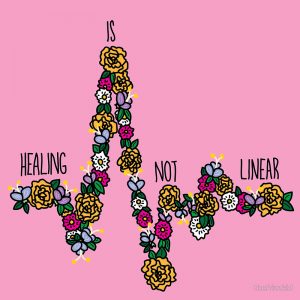
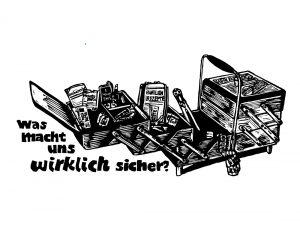
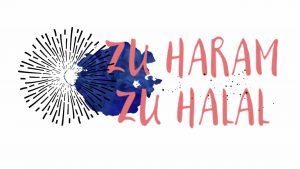 Discussion on Queer Islam with Saad Malik and Zuher Jazmati
Discussion on Queer Islam with Saad Malik and Zuher Jazmati